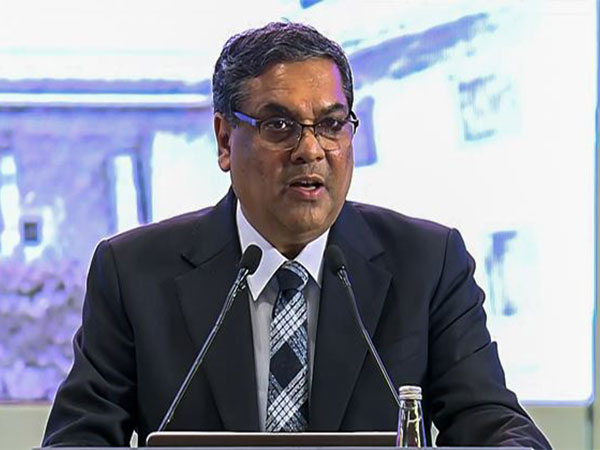Legacy and Leadership: The Jurisprudence of Chief Justice Sanjiv Khanna
Justice Sanjiv Khanna, India's 51st Chief Justice of India, is known for his involvement in landmark judgments upholding EVMs, abrogation of Article 370, and scrapping the electoral bonds scheme. A member of a distinguished legal family, Justice Khanna aims to reduce pendency and accelerate justice delivery.

- Country:
- India
Justice Sanjiv Khanna, recently appointed as India's 51st Chief Justice, has made significant contributions to landmark judgments, cementing his position in the country's judicial history. Known for upholding the integrity of electronic voting machines (EVMs) and participating in pivotal decisions like the abrogation of Article 370, Justice Khanna's judicial footprint is noteworthy.
Brought up in a celebrated legal household, Justice Khanna carries forward the legacy of his uncle, Justice H R Khanna, who famously dissented in the ADM Jabalpur case. His familial roots have undoubtedly influenced his judicial philosophy and drive towards expediting legal processes to alleviate case backlogs.
Despite the controversy over his elevation, which bypassed several senior judges, Justice Khanna's record speaks volumes about his commitment to justice. His tenure has been marked by decisions impacting political funding, digital voting security, and constitutional interpretations, furthering his objective of enhancing the justice delivery system.
(With inputs from agencies.)
ALSO READ
Congress, allies want to bring back Article 370 in J&K so that our soldiers again face fire of terrorism: PM Modi in Bokaro.
Modi buried Article 370 in J&K, for seven decades, Ambedkar's Constitution was not in force there: PM in Bokaro.
Uddhav Thackeray Criticizes BJP over Article 370
Delhi High Court Orders Cleanup Before DUSU Vote Count
Supreme Court Declines Gulfisha Fatima's Bail Plea, Urges Delhi High Court Review









